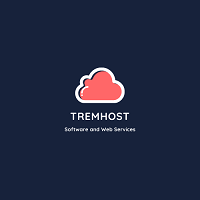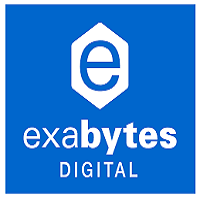API Management Software
An API management software is a software solution to help businesses get the most out of their API. API management software allows developers, data scientists, and others to manage APIs for different purposes including mobile apps, services, bots, and other applications.
An API management software has tons of features that can be tapped into. These include content-based routing, API key creation, mobile app development and has the ability to design, publish and deploy API as well as monitor and track user activities.
In most cases, API management software is a cloud service that allows users to build, publish, maintain and analyze their APIs. In short, API management software is a system that provides a graphical interface for creating exposure for application programming interfaces (APIs) as well as controlling access to the API.
Finally, API management enables the monetization of APIs Which refers to the ability of an enterprise API to generate revenue. Once APIs are published, API management software enables the developer to charge users for access to the API as well as mark up the cost of products and services offered through it.
API management software has become more robust and easier to use, enabling enterprises to cover most of their API management needs through a single product. The ideal API management platform generally incorporates a layered architecture with various interacting components.
As the foundation of your API program, security is crucial for protecting APIs against unauthorized access and any vulnerabilities that may arise. API security capabilities in API management software are also scalable for both enterprises and developers.
Overall, API management enables an organization to optimize the value of its existing legacy systems by updating outdated security protocols so they match the modern standards used by today’s APIs.
The API management software analyzes access patterns and traffic, providing insights into the usage and adoption of APIs. The API management platform provides a central location to manage APIs as well as the telemetry metrics collected from APIs.
There are many API Management tools that are available if you’re looking for one but don’t know which one among them is best suited for your business requirements. We have created a list for you to compare and select a tool as per your requirements.












































